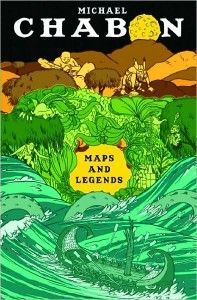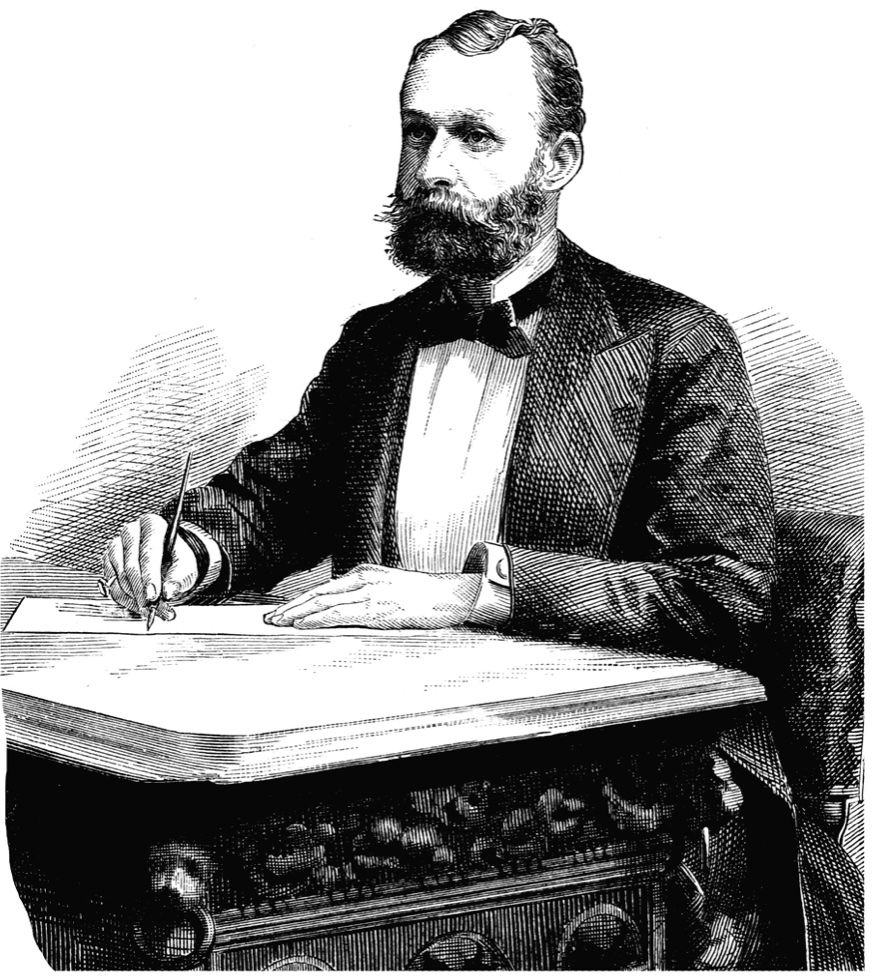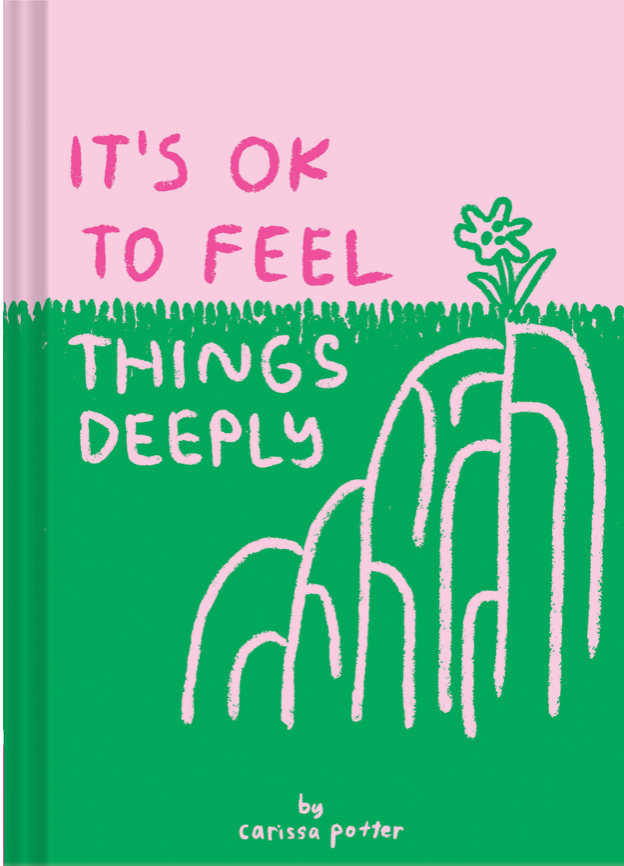
In a chapter of his beautiful and esoteric book of essays, Maps and Legends, novelist Michael Chabon reflects on the fear of writing. In an essay about the golem, a man-made being that comes to life through enchantment, Chabon compares the creation of the golem to the process of writing. Just as the golem you create can get bigger than you intended and slip out of your control, like Frankenstein or the Golem of Prague, so Chabon says, “Anything good that I have written has, at some point during its composition, left me feeling uneasy and afraid.”
Some writers have to weigh each word because of the fear of censorship or persecution. Chabon writes that for him, it’s the fear of exposure since people sometimes confuse him with his characters – assume that he’s homosexual, or uses drugs or is a terrible father because his characters are. People assume that he thinks what his characters think.
Chabon writes that a writer has to get past this fear of exposure:
Telling the truth when the truth matters most is almost always a frightening prospect. If a writer doesn’t give away secrets, his own or those of the people he loves; if she doesn’t court disapproval, reproach, and general wrath, whether of friends, family, or party apparatchiks; if the writer submits his work to an internal censor long before anyone else can get their hands on it, the result is pallid, inanimate, a lump of earth.
Someone who can use words well – aim them as weapons – has the power to inflict greater damage than someone who can’t. But she can also tell the truth the best and have it matter the most, which always means arousing general wrath. Writers trying to tell the truth when it matters will always have the temptation to anxiously submit everything to their “internal censor” to avoid inviting the world’s unrighteous wrath. It’s a censor both miserably cowardly and harsh, and listening to it shrivels your creativity.
I discovered this during my latest bout of writer’s block. Like Chabon, I’ve had people make sweeping judgments about me – sketch the entirety of my character, identify my sins and point them out – based on a couple of sentences in a couple of my blog posts. Friendlier people have read my writing and assumed they know all about me – made breezy generalizations, even given me advice – because they imagine the fraction of myself that I show through my writing is actually the whole.
Not so long ago, I wrote a hasty blog post courting “disapproval, reproach, and general wrath.” I was telling the truth but I was also mocking somebody, who then found the post and responded without figuring out who I was. This unsettled me and because I was also tired of the lazy judgments people made about me, I decided to subject everything I wrote to a strict internal censor. I set up a list of rules for myself: only write things I would not be ashamed to attach to my name, only write things I would not be ashamed to have the person in question read, and wait 24 hours before posting anything.
Instead of writing good things, I wrote nothing at all. At first I composed blog posts and deleted them. Then I didn’t write at all. Whereas before, the impulse to express myself was instant and important, I lost not just the urge but the ability to communicate. The internal censor shriveled up my creativity, like censors always do, and I experienced a miserable case of writer’s block.
I only recovered after I was forced to write in The Curator and Patrol. The prospect of an inexorable deadline meant the internal censor had to be squelched. Once I muffled it and submitted something imperfect and full of flaws, it became easier to muffle the censor again and eventually restore a measure of my shriveled creativity.
My dad worries that I’ve put too much of myself out on the Internet for people to read and that when I’m old and wise, I’ll never be able to escape my young and foolish self since nothing on the Internet goes away. My philosophy is that expressing my young and foolish self will help me to become old and wise. For me writing is not just what I think but the way I think. It helps me think things through.
So yes, the things I write are sometimes half thought. But a censor is someone who takes away not just the freedom to say what’s true, but also what’s false. If you submit all you write to this internal censor – paralyzed by the fear of saying something that your old, wise self will regret – then the source of your creativity dries up and you never learn. Sometimes it’s only by submitting your work to the critical world that you can discover what’s false. It’s only by inviting the wrath of your friends, family, and strangers that you can find out that you’re wrong.
The world’s general wrath can also temper your own. Once I made the mistake of picking a theological fight with someone who liked to fight dirty. It was another case of telling the truth but impetuously, at the wrong time and in the wrong forum and to the wrong people. Seeing how gladly someone would defame an opponent in the name of doctrinal purity tempered my own zeal. You learn to check your own anger when you feel a similar anger directed at you.
Chabon goes on to say, in the last line of his essay, “The writer shapes his story, flecked like river clay with the grit of experience and rank with the smell of human life, heedless of the danger to himself, eager to show his powers, to celebrate his mastery, to bring into being a little world that, like God’s, is at once terribly imperfect and full of astonishing life.”
The internal censor tells us the “terribly imperfect” isn’t worth creating, but it is. We have to be willing to write something bad – even something false – before we can write something good and true.
Maps and Legends , by Michael Chabon, was published by McSweeney’s and is available on Amazon.com.



